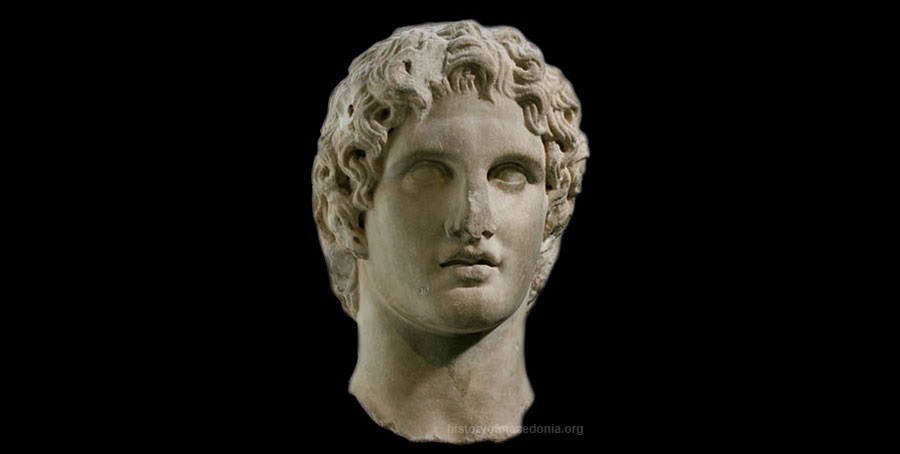- Posted on : November 28, 2014
- Posted by : Tom Fletcher
I recently got a Jawbone ‘Up’, a device that monitors your daily activity, sleep patterns and exercise, and helps you better control your health. As a father of two boys, I don’t need anyone to tell me I don’t get enough sleep. But, like many, I’m outsourcing the collection of my data to a plastic bracelet. Anyone who watches a 3 year old with an iPad knows that our basic human reflexes are being reshaped by our relationship with digital technology.
What would the ‘Up’ tell us if we attached it to Lebanon’s wrist? I think it would say that we have a country that is as vulnerable as ever to external shocks – Iran/Saudi, ISIL, Palestine/Israel, Syria. A country that has serious health issues – corruption, poor infrastructure, rising sectarianism. A country that veers between dramatic highs and lows. But, most of all, a country that is more resilient than it realises. Many weaker societies would have gone under by now. The fact that Lebanon has not demonstrates an inner strength that should never be underestimated.
I don’t have the first idea how the ‘Up’ really works. Not unlike my understanding of Lebanon. Like the ‘Up’, Lebanon also tells us something about ourselves. As more countries struggle with questions of coexistence, terrorism and power sharing, the country may find itself more listened to, and less talked at. Like the ‘Up’, the answer is not the data it collects, but the answers that data provides, and the ability to take control of the response. From choosing its own President to fixing the issues that hold back its dynamism, Lebanon needs to exercise that right.
The ‘Up’ also reminds us that power is changing at the fastest rate in history. I was in Carthage last week, reflecting on the rise and fall of empires and the story of Alexander the Great. I was also at the launch of the UK/Lebanon Tech Hub. The most powerful people in the room were not those of us on the stage, but over 1000 start ups and entrepreneurs present who will come surging past us all. It was energising to be in the same room as them, and exhilarating to be in the same century. We are only at the cusp of the political and social upheaval that the internet will bring. The last innovation remotely comparable was the printing press, and that shaped the modern world. Hierarchies are being torn down. Companies, ideas and states are being put out of business. Power used to feel like a British banquet – top down, structured, everything in its place. Power now feels like a Lebanese meal – more chaotic, anarchic, wild. As I told the young entrepreneurs, ‘sahtein’, tuck in.
The countries that succeed in the digital century will be those that can best mobilise their networks. The Lebanese have an advantage there – they are the world’s best networkers. People talk about the erosion of borders in this region. We hope that the UK-Lebanon Tech Hub will remove the economic borders between our best pioneers, visionaries and creators. We hope to match-make innovation. We hope that the next Bill Gates will be British or Lebanese. Linking Lebanon with a digital superpower, the hub could be a launchpad for the next indispensable service that we can’t yet imagine yet find we cannot live without. It will unleash something more revolutionary than business or innovation alone – the power of the Lebanese spirit.
This initiative builds on success. We are on track to double UK/Lebanese trade inside four years. As we approach St Andrew’s Day, I’m proud that we sell in Lebanon more Scottish salmon and Scotch whisky per capita than anywhere in the world. Perhaps no coincidence, we sell more Panadol per head (ache) too.
The Lebanese people want security. So Britain is with the army on the borders and the checkpoints. The Lebanese people want hope. So Britain is getting education to every corner of the country. The Lebanese people want opportunity. So Britain is with them in the Tech Hub.
One last point about Jawbone. The founder is UK/Lebanese. It is a powerful combination. He’s also called Alexander.

